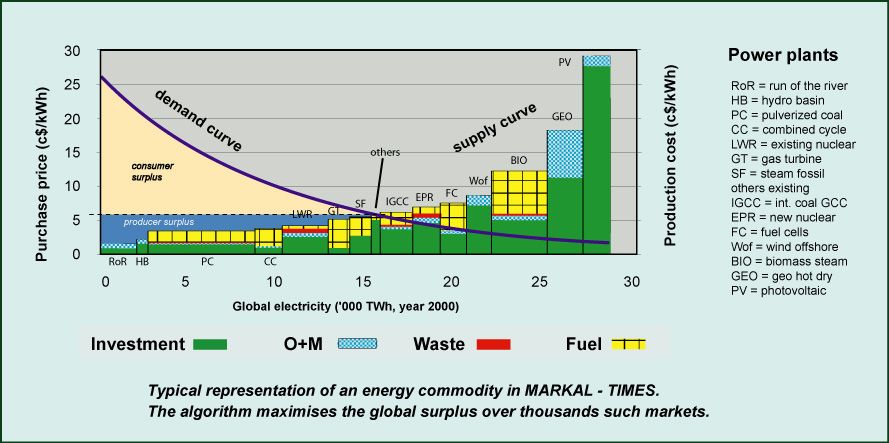Demand Curve For Solar Panels

Why the duck curve created by solar power is a problem for utilities.
Demand curve for solar panels. The duck curve named after its resemblance to a duck shows the difference in electricity demand and the amount of available solar energy throughout the day. In case you missed it this week the wall street journal published an article u s. Then only a few hours later the grid must quickly ramp up other power plants because the solar starts to lower its output just as demand is increasing giving us what has been called the duck curve. Market for solar panels is likely to double in 2012 thanks to government policies and falling prices.
Debs is a significant upgrade from the previous energy buyback scheme which didn t include exports from batteries or evs nor did it reward export in consideration of demand. Solar industry following a recent study released by the solar energy industries association and gtm research. By david roberts drvox feb 10. The duck curve named after its resemblance to a duck shows the difference in electricity demand and the amount of available solar energy throughout the day energy gov.
The idea is to flatten the solar duck curve currently pecking the tender sides of the australian energy market operator aemo and various levels of government. In many energy markets the peak demand occurs after sunset when solar power is no longer available. In utility scale electricity generation the duck curve is a graph of power production over the course of a day that shows the timing imbalance between peak demand and renewable energy production. The duck curve refers to the effect that solar power has on demand for utility electricity.
Supply of solar electrical power data is for the state of california on october 22 2016 a saturday a day when the wind power output was low and steady throughout the day. Solar panel demand expected to double highlighting the successes of the u s. Solar energy production peaks at mid day and this causes demand for other energy to drop off. Energy storage is key for res penetration into power generation and achieve cost savings from reduction of ancillary services spinning reserves.
When the sun is shining solar floods the market and then drops off as electricity demand peaks in the evening. Researchers in california call this seeming drop in demand the duck curve. Integration of csp and tes systems with pv or wind turbines can help address demand load curve issues see shaving the demand curve in renewable energy facts.
















































